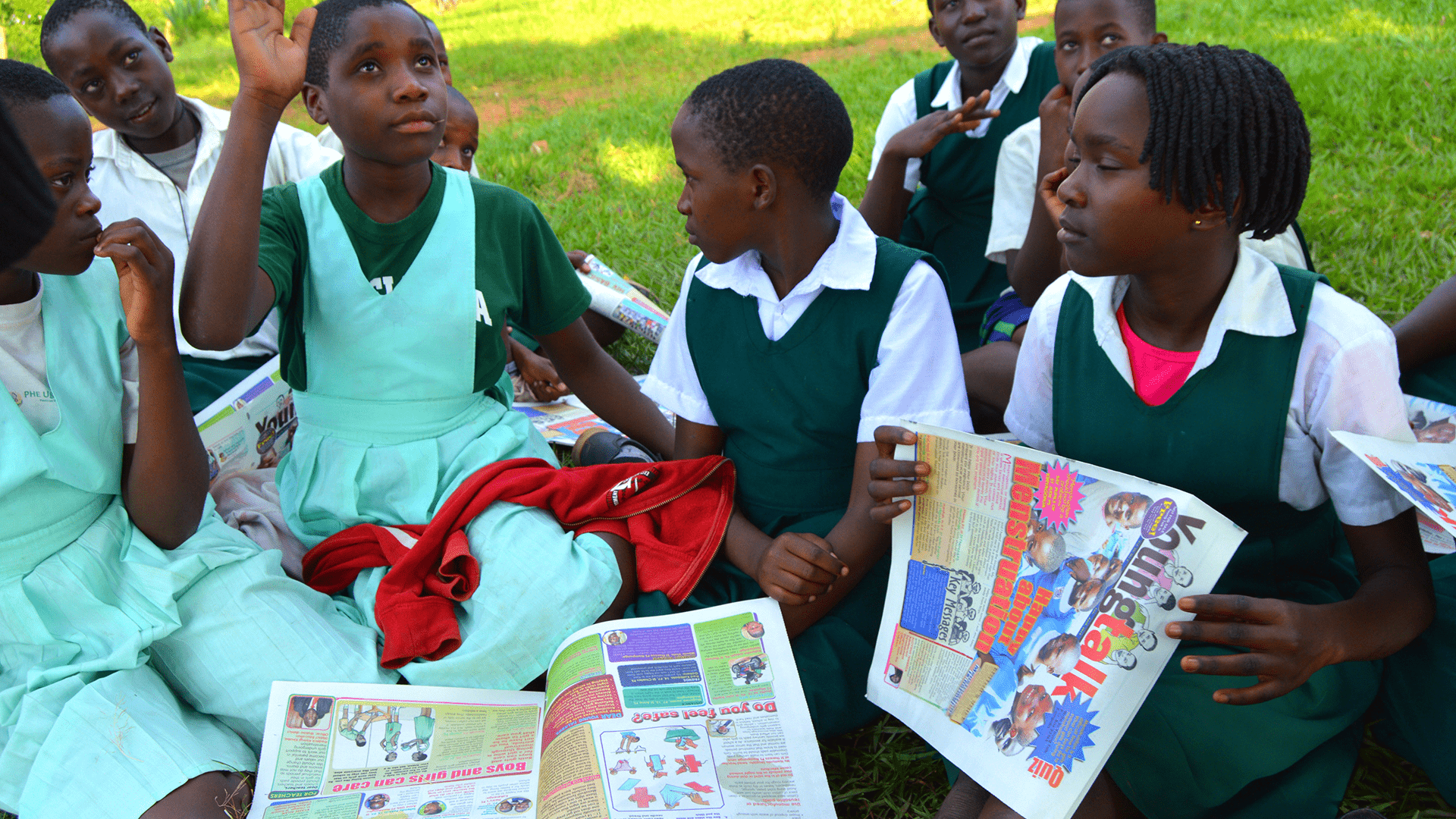
Straight Talk Foundation reaches millions of young people through social media, print and radio. We have experience and expertise working with 17 Ugandan languages. The mass media component addresses diverse health and development themes packaged to address the diverse needs of STF audiences. Mass media products include prerecorded and live-talk Radio shows, radio snippets and spot messages, Young Talk newsletters, Straight Talk newsletters, and Braille publications for Young and Straight Talk. These are all published in several Ugandan languages.
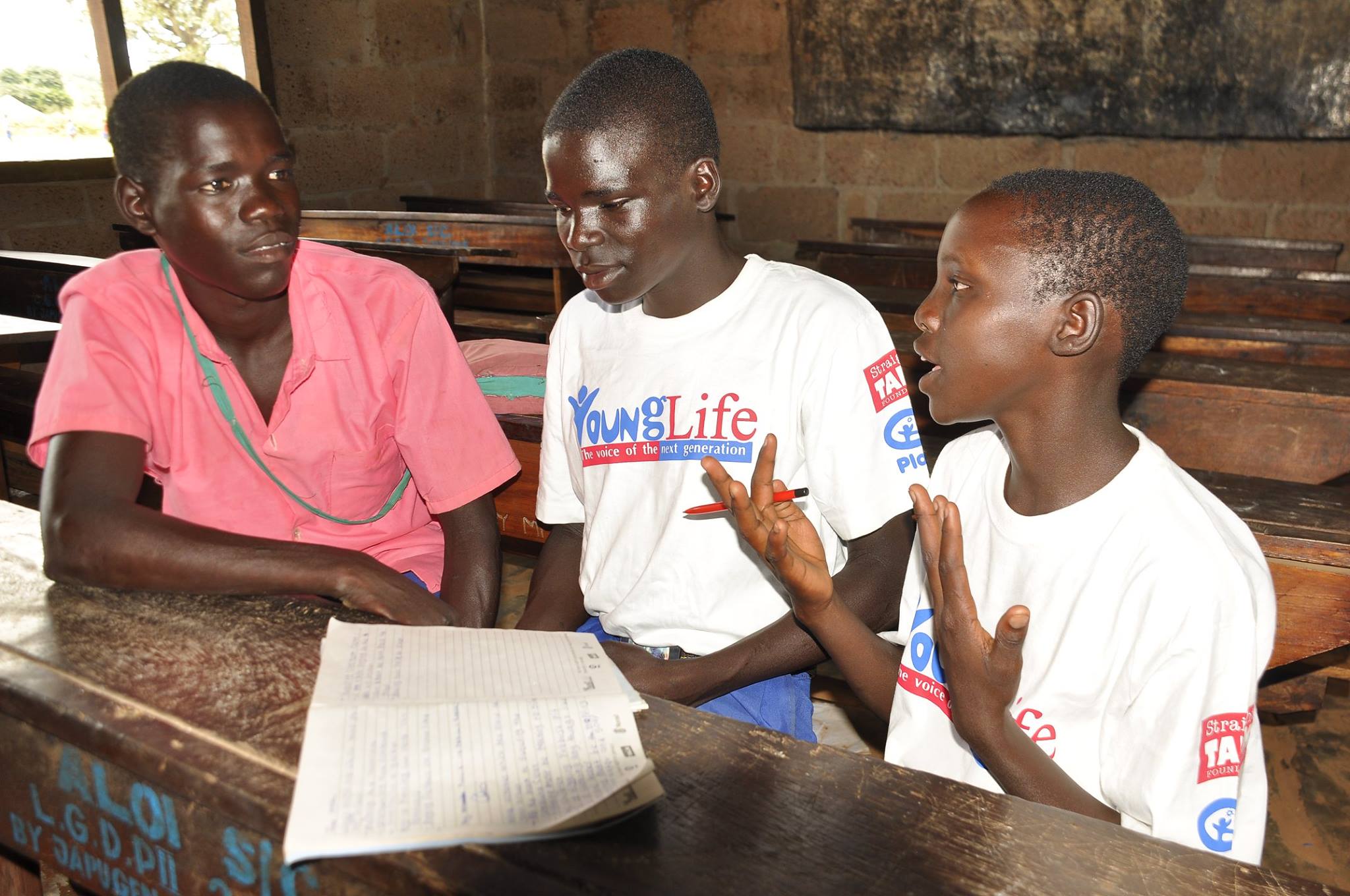
Research and Evaluation (R and E) Department generates information to enhance evidence based programming. Evaluation in Straight Talk Foundation facilitates organization learning to inform decision making regarding overall STF programming. Systems to improve tracking of performance are in place, and ensure results based management and use of M and E guidelines which support systematic performance measurement through monitoring, evaluation and research. This department is key in providing strategic information, establishing and maintaining monitoring systems to track performance, carrying out quarterly performance reviews, and providing technical M&E support to staff.
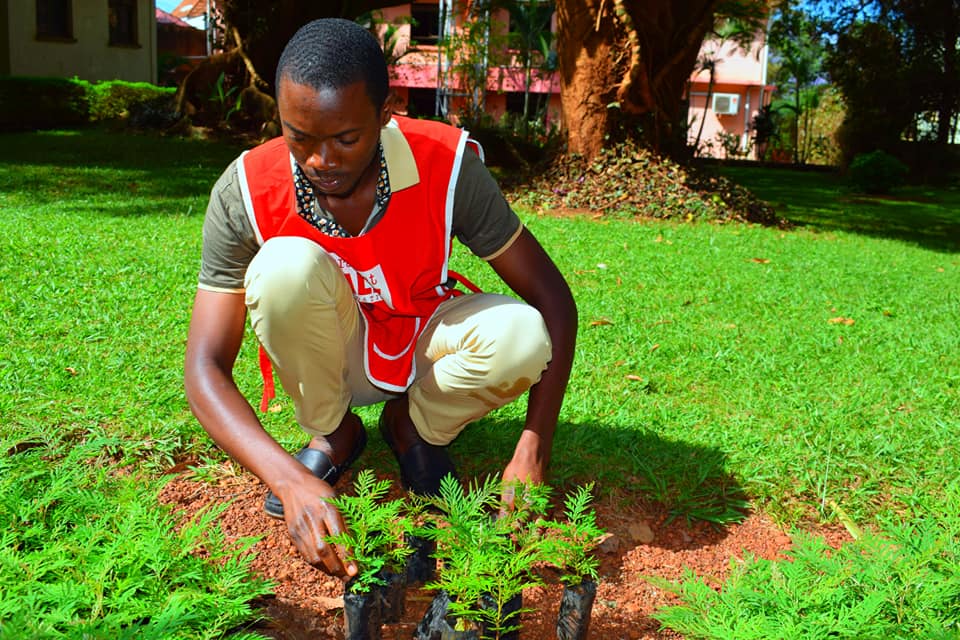
The livelihood and environment component provides a link to the population, health, and environment sectors within which Straight Talk Foundation works. We aim to improve rural livelihoods, and environmental assets and build resilience towards the impact of climate change. These are delivered through Tree Talk and Farm Talk. To date, 9.5 million trees have been planted. In addition, we build the capacities of teachers and communities in climate change adaptation and encourage the integration of growing trees, agricultural crops, and climate change issues into school plans. Schoolsand communities have been supported to set up gardens and woodlots that are managed by the Young Farmers clubs .
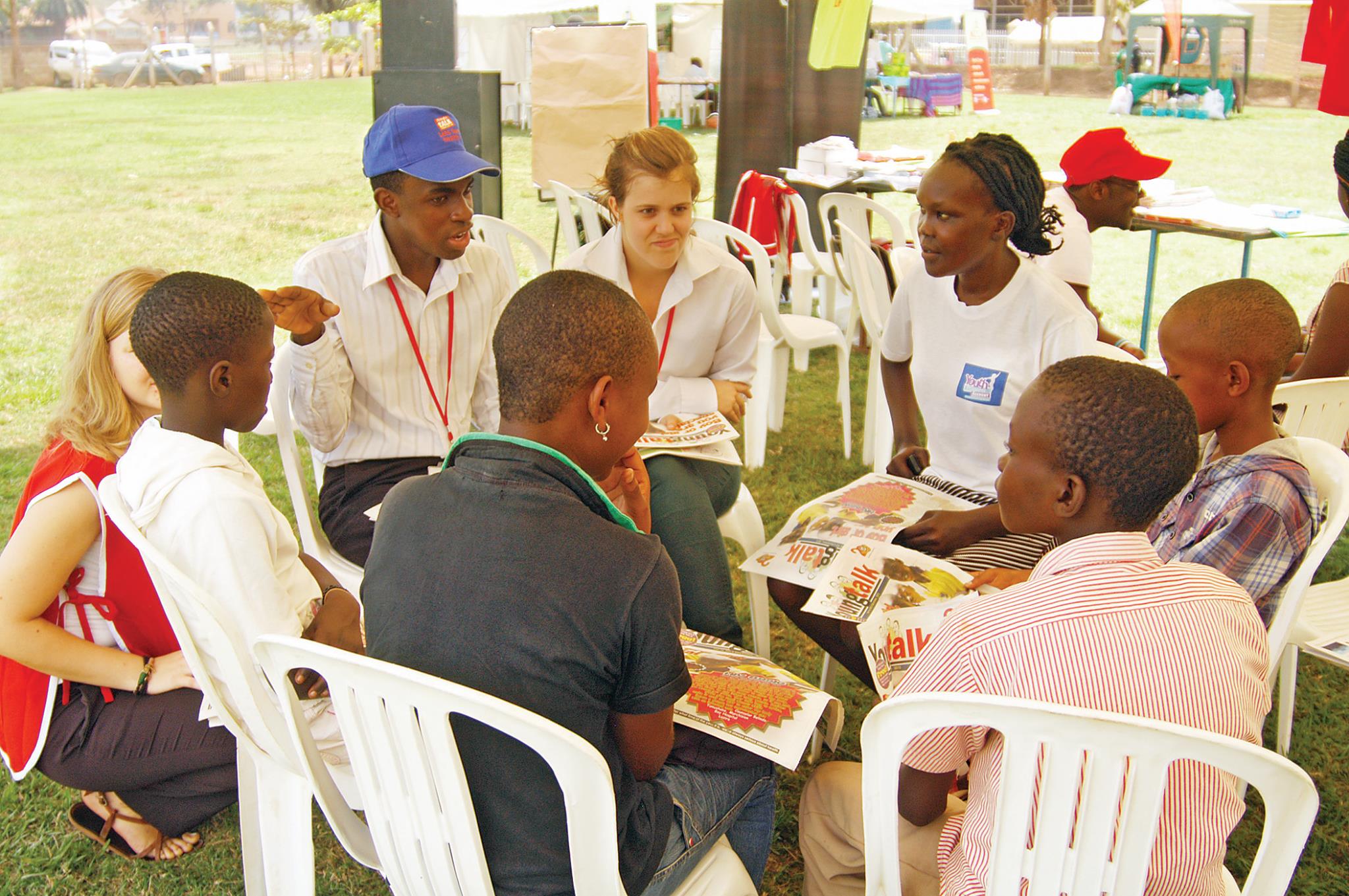
STF uses the communication for social change model. The concept of communication for social change (CFSC) is a process of public and private dialogue through which people define who they are, what they want, what they need, and how they can act together to improve their lives.
This means, STF DOES not just address the behaviours of individuals but also the underlying social forces (like whether they are being forced by impoverished parents/family). STF fuses CFSC with a rights based approach. STF believes every young person has a right to SRH information so as to foster better adolescent health and total wellbeing.
The Training and Development deoartment uses unique and long-standing experience in community outreach, sexual and reproductive health, local capacity development, and gender activities to contribute to SRHR programming for diverse target audiences.
STF has experience working with PLHIVs dateing back to 1994 when the first article featuring an HIV positive young person was published in 1994. STF believes that there is need to focus on young people living with HIV. In focusing on young people living with HIV, STF takes into account the different needs of young people infected vertically and young people who acquired HIV through sex. STFs approach is based in behavior change communication that combines a range of mass media, face to face, community outreach and mobilization. Through its work with people living with HIV STFs community dialogue has proven effective in creating a safe space that supports young people to protect their own health and make informed decisions.
STF work in schools and communities is implemented with the support of partners through various projects. STF supports the schools to increase access to sexual reproductive health information and protect children in a safe and inclusive environment.
Various approaches, like the Whole School Approach (WSA), are utilized to improve the sustainable implementation of sexuality education within the school, involving schools as equal partners. Selected schools are equipped with relevant teaching resources for enhancing SRHR awareness and education. Community and district-level systems and structures are also engaged to address violence against women and girls and increase enrollment and school attendance, especially for girls
Some of the key themes addressed in the recent period include;
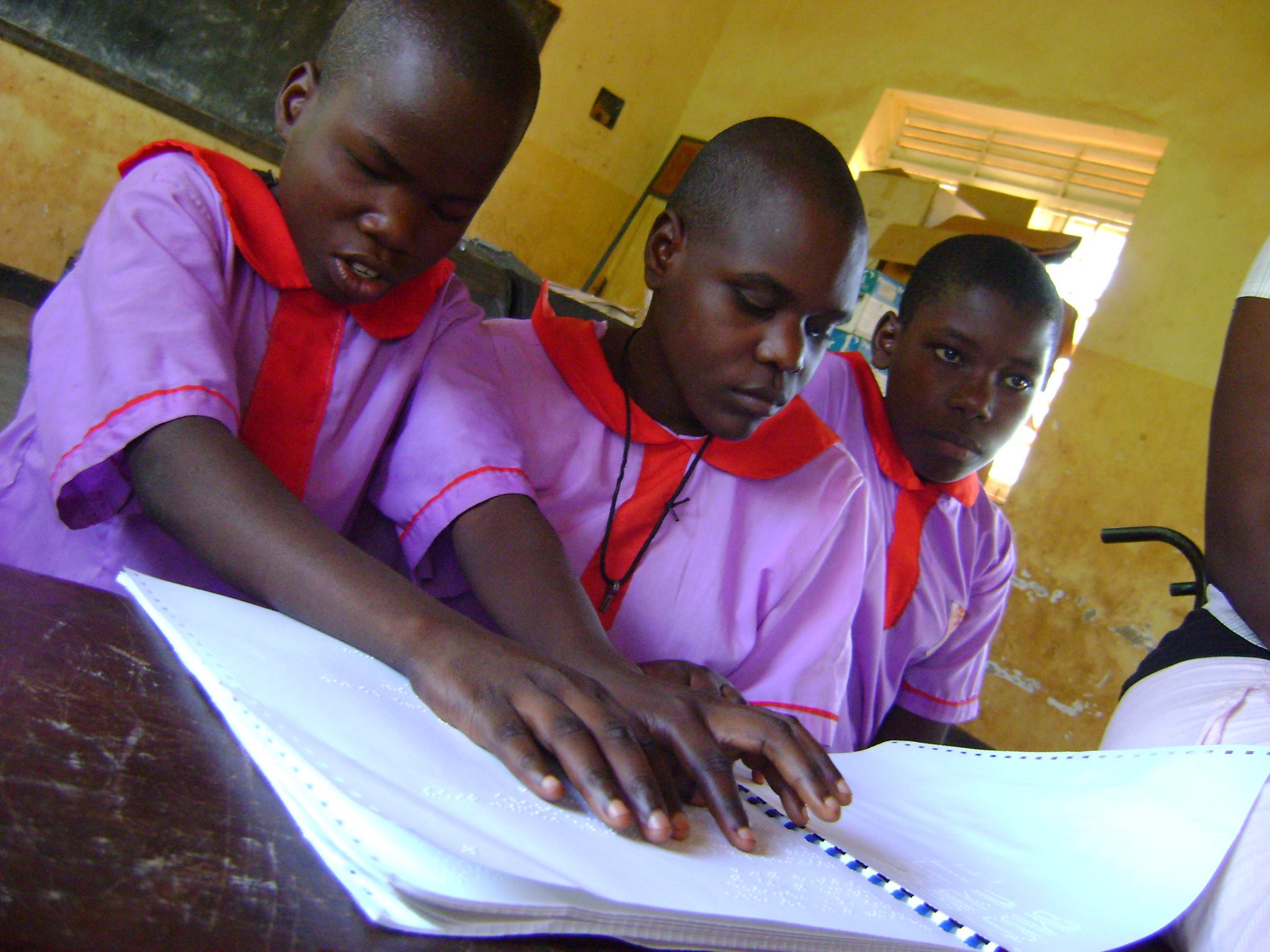
Since 2009, STF has actively supported work with young people with disabilities. This has been a rewarding and rich experience and greatly deepened its institutional knowledge and understanding about the needs and vulnerabilities of young people growing and living with disabilities. An improved attitude towards young people with disabilities and recognizing their struggles to have lives filled with dignity, with acceptance, understanding, compassion by the broader community means STF has to go the extra distance to reach out to a largely ‘hidden’ community.
Straight Talk Foundation promotes Sexual Reproductive Health Rights for young people with disability. We aim to improve the well being of this often under served group of young people. Disability increases vulnerability to several risks including HIV particularly for women with disability. Girls and women with disability are less likely to find partners and likely to have multiple sexual partners and experience harassment, rape, violence or abusive relationships. STF’s support in addressing this includes strengthening access to both information and services on SRH. Young people with disability are reached through peer education, IEC materials, school visits and through their teachers and caregivers.
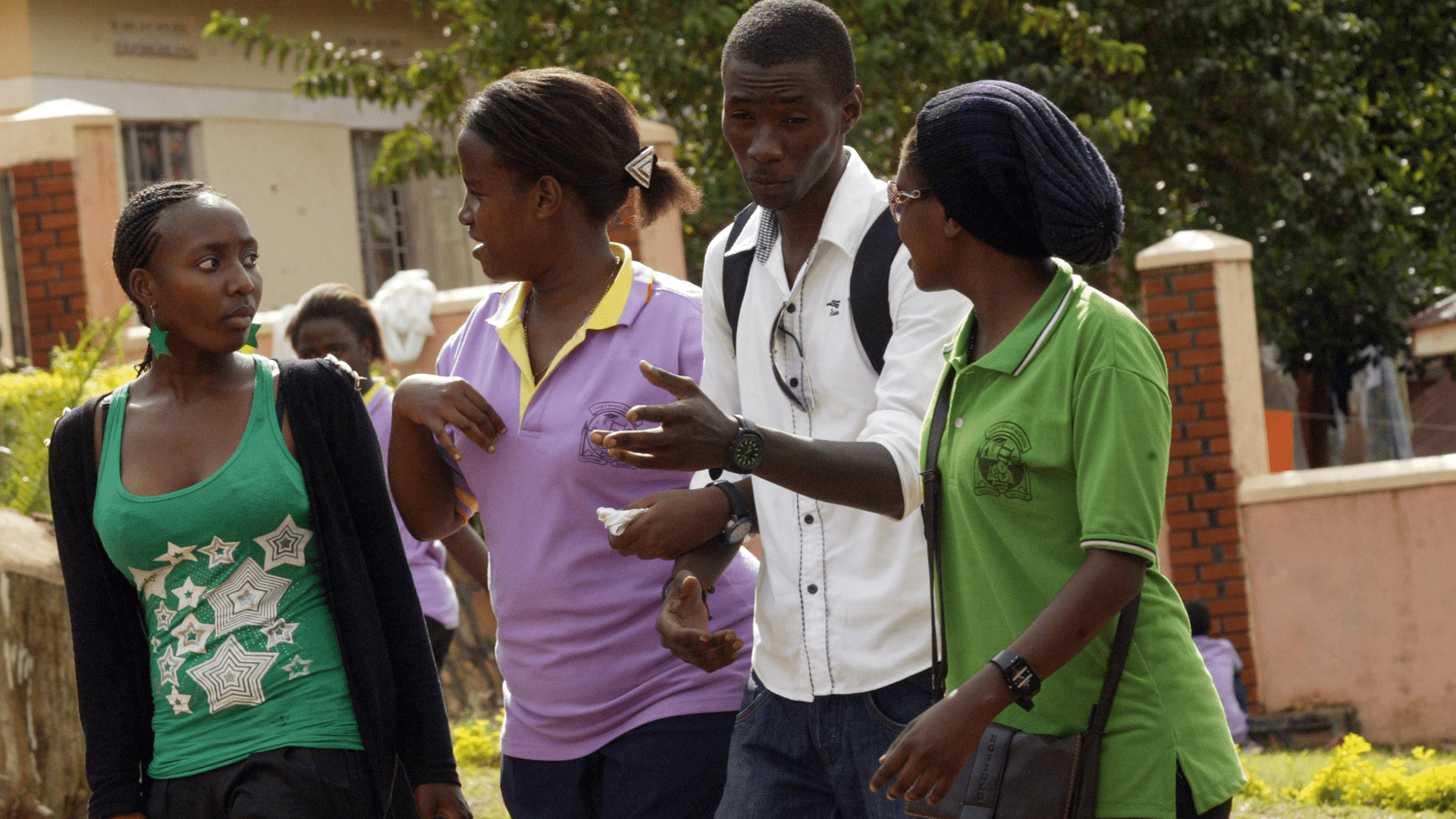
STF has operated Gulu Youth Centre since 2004 and Kitgum Youth Centre since 2007. STF youth centres are places where young people are encouraged to explore critical issues, such as how to manage their emerging sexuality safely, and are helped to gain more control of what happens to their bodies. STF centres support young people to acquire skills such as assertiveness as well as new ways of looking at their lives -- such as new ways of thinking about what it means to be a boy or a girl. Youth centres either refer young people for clinical sexual and reproductive health services or provide them. These clinical services include HIV counseling and testing (HCT), family planning and STD treatment
TALK is STF’s most powerful tool
STF has found that TALK is more powerful in keeping adolescents safe than any clinical service such as HCT. So how does STF look at TALK?
STF youth centres are staffed by counselors, field workers and health workers who are well-trained, sensitive to local conditions and usually young themselves. STF youth centre staff abide by STF’s youth protection guidelines and adhere to STF’s beliefs and values.